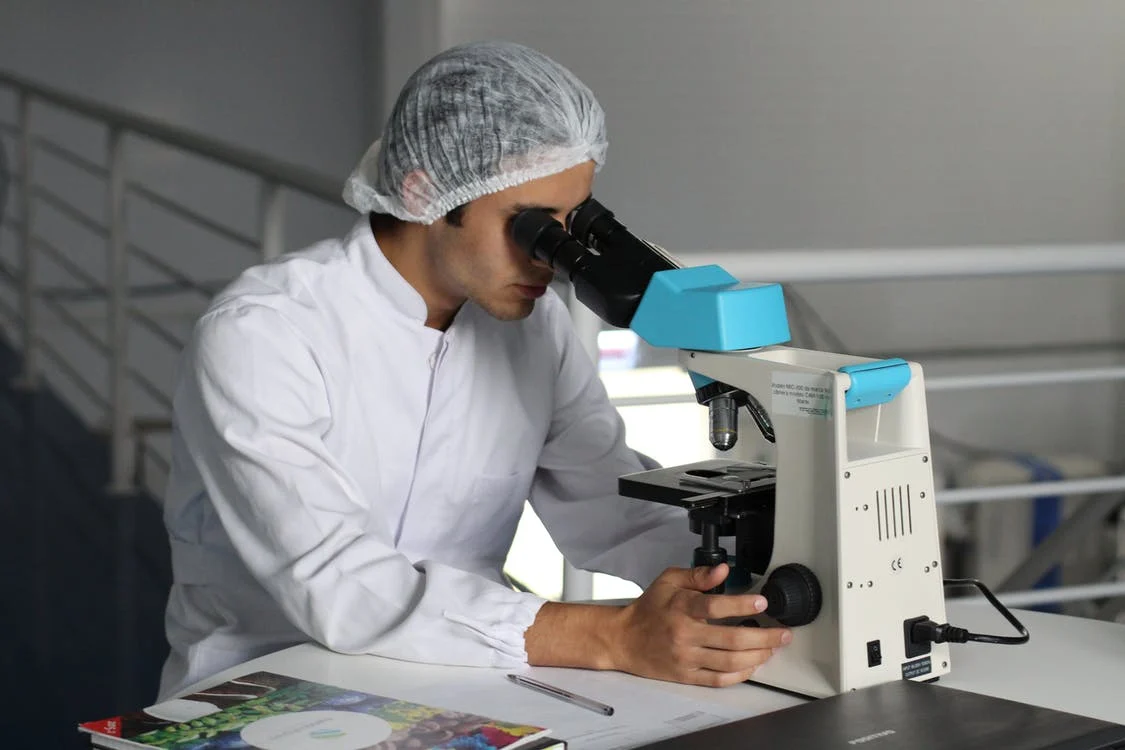Protein is a macronutrient essential for energy production and building muscle mass. Protein intake has become a hot topic in the fitness and health world today, with many people wondering how much protein they need and which protein is the best.
Protein is either plant or animal-based, with amino acids as the building blocks. Amino acids are generated by your body (non-essential) or derived from protein-rich foods (essential). The seven types of proteins are:
Antibodies
Also known as defensive proteins, these proteins protect your body against antigens like bacteria, viruses, chemicals, or toxins. They are produced in your white blood cells, and their ability to move through the bloodstream makes them perfect for combating issues in any body part.
They deal with antigens mainly by immobilizing them, making it easier for the white blood cells to attack them.
Contractile proteins
Also referred to as motor proteins, these are responsible for muscle movement and contraction, mainly myosin and actin. Actin controls muscle contraction, cellular division, and cellular movement, while myosin powers these tasks by providing energy.
Enzymes
All enzymes discovered so far are classified as proteins. They act as catalysts for all metabolic reactions in the body like digestion, liver functions, converting glycogen to glucose, and blood clotting.
Hormonal proteins
Hormones are protein-based chemicals produced in different parts of the body. They travel through the blood and act as messengers transmitting signals between cells. Each hormone affects specific cells with receptors for the hormone to attach itself and transmit the required signal.
These signals help coordinate primary body functions. Some of the main hormones include:
- Growth hormone- Secreted by the pituitary gland, it is responsible for stimulating growth in the cells around the body.
- Testosterone- This is a male sex hormone produced in the testicles. It helps in male sexual development and functions like muscle strength, deeper voice, and facial hair.
- Insulin- Produced in the pancreas, this hormone helps control your blood sugar levels and how your body converts glucose to energy.
- Estrogen- This is a group of sex hormones produced in a woman’s ovaries. It helps in the female reproduction system’s development and regulation, plus the development of secondary sexual characteristics.
- Cortisol- This is a stress hormone produced in the kidney cortex.
Structural proteins
Also referred to as the fibrous proteins, these are responsible for maintaining and protecting your body structure. Collagen is among the most common, and it helps create the connective framework of your bones, tendons, muscles, cartilage, and skin.
Keratin is also another essential structural protein present in the nails, hair, and teeth. These proteins are also present in your cells, mainly the larger cells, and they help give them internal structure.
Storage proteins
These help store amino acids until the body is ready to use them, like Ferritin, which helps store excess iron.
Transport proteins
These are carrier proteins that transport molecules between different body parts. Hemoglobin, for example, is one of the most vital transport proteins that helps carry oxygen from the lungs to other body parts.
When planning meals, you should ensure that proteins are among the larger portions. Some protein-rich foods include eggs, fish, chicken, beans, nuts and seeds, soy, peas, etc. Sometimes, however, it’s hard to get all the proteins you need from food, so you should try natural protein supplements. You, however, have to ensure that you get them from reputable brands like Legion Athletics. According to Legion Athletics, “You don’t need all-natural and delicious protein supplements to build muscle, lose fat, and get healthy. But the right one can help by making it easier to eat enough high-quality protein.”

